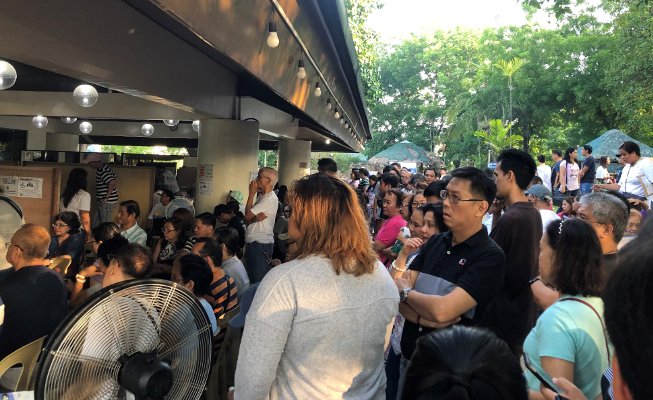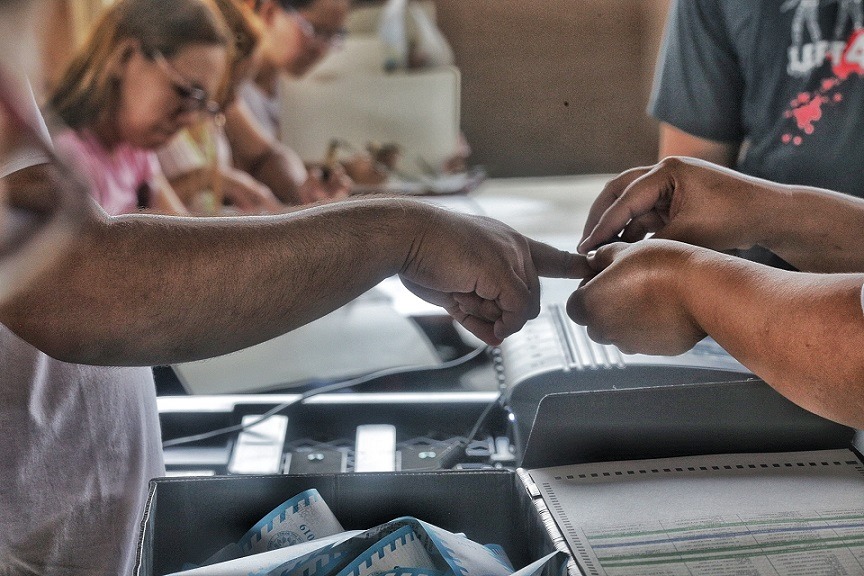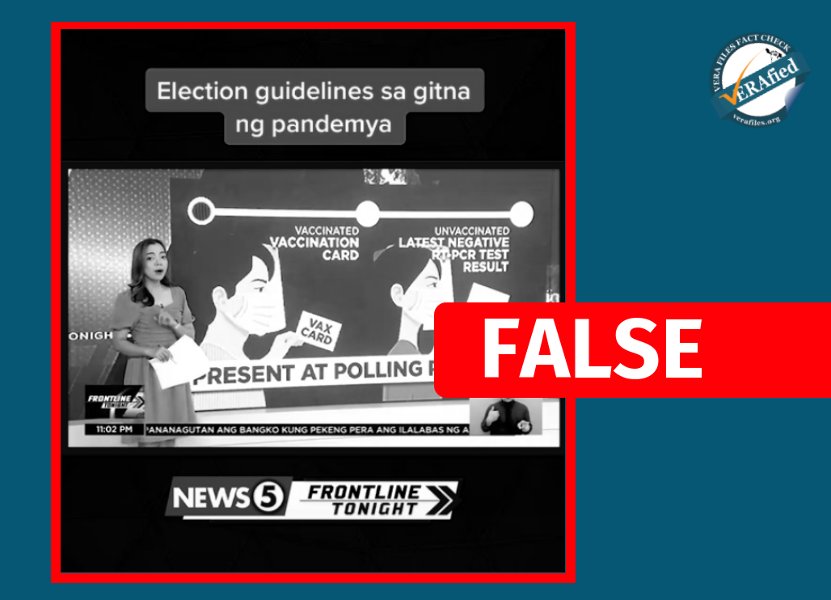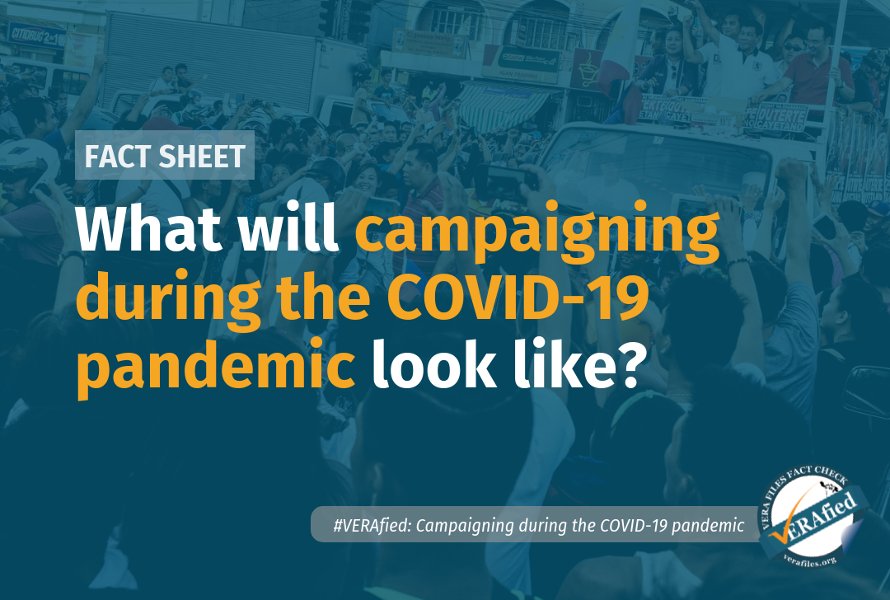If there’s one thing that critics of the administration can do to make sure that their discontent leads to the opposition or independent candidates winning in the 2022 elections, it would be to encourage people who are not happy with the government’s handling of the coronavirus disease 2019 (COVID-19) pandemic to participate in the upcoming electoral exercise.
“The COVID-19 response is turning out to be a good mobilizer of voters,” according to Commission on Elections (Comelec) spokesman James Jimenez, adding that people’s dissatisfaction in, for instance, the distribution of financial aid “is expressed in a desire to register to vote.”
“Maraming tao ang nako-convince na magparehistro kasi hindi sila masaya sa nakikita nilang COVID response,” Jimenez said in a virtual media briefing for VERA Files a few days ago on the preparations for the May 9, 2022 electoral exercise.
(Many people are convinced to register because they’re not happy with the COVID response.)
On one hand, this can be interpreted to mean that this segment of the population would support candidates not identified with the current dispensation, but not necessarily for the opposition.
On the other hand, this poses a challenge to the political parties, particularly the opposition, to field worthy candidates who can present concrete action plans and programs that would address the people’s problems, specifically those to which the so-called Gen X (those born from the 1960s to the early 1980s), the millennials and Gen Z (born in the mid-1990s and early 2000) who comprise roughly 63% of registered voters belong.
While Jimenez candidly admitted that there is no formal study yet that can back up his claim, he said this has been “a trend of people speaking up” in forums and seminars he has been attending.
“Nakita ko … hindi ako nakatanggap ng ayuda, ‘yung isa nakatanggap ng ayuda, ito nabigyan kahit hindi naman … mukhang hindi naman kailangan … Things like these … saan napunta ‘yung pera, bakit ito ang pinagkakagastusan, bakit hindi ganoon … A lot of these things generate a lot of dissatisfaction and, for the most part, this dissatisfaction is expressed in a desire to register to vote, which is good,” Jimenez said.
(I saw [comments like] I did not receive assistance … one got assistance, this one was given but appeared like he didn’t need to … where did the money go, why spend on this, why not this …)
Around 62 million Filipinos are expected to troop to the polling places, including about 1.8 million overseas voters. The numbers are just slightly higher than the 61.84 million registered voters in 2019 due to reactivations and a number of OFWs who have come home but may not have registered anew.
The Comelec expects 5.5 million new registrants for the May 9, 2022 elections. With just four more months to go before the registration period closes, the poll body has so far tallied 3.6 million registrants, of which 2.5 million were registered for the first time while the rest were reactivations.
Jimenez said he believes the expectation can be met with the mobilization of more satellite registration sites and rise in the number of voter registration advocates that bring about increased awareness on the importance of voting.
Besides, the Comelec has made it easier to register by launching the irehistro.comelec.gov.ph digital tool in which an applicant can download and fill out a registration form to reduce the length of time spent at the registration site.
In observance of health protocols, Jimenez said the Comelec will be reducing the number of voters in voting precincts from 1,000 in the previous election to only 800, but to accommodate more voters, the number of precincts will be increased from 84, 000 in 2019 to 110,000.
To avoid crowding in polling precincts, the poll body is considering to schedule voting, similar to the scheduling for anti-COVID vaccines. How this will be done has yet to be fleshed out, considering that voting day is for only eight to 10 hours on a single day.
Although the inefficient handling of problems brought about by the COVID-19 pandemic may have indeed generated interest to participate in the next elections, political parties would lose the chance to take advantage of the disappointment if they would continue to field candidates based on popularity and public showmanship instead of public service record.
Don’t make “none of the above” a choice for many voters by fielding candidates based on “who” they know instead of “what” they know. We don’t deserve clowns and nincompoops in public office.
The Comelec also has to be more rigid in scrutinizing the qualifications of candidates to make sure that the unfit are weeded out. Likewise, it has to work doubly hard to see to it that the voting process would go smoothly; otherwise, voters may opt to just stay home to avoid the discomforts of having to line up to cast their ballot under a sweltering summer heat.
The views in this column are those of the author and do not necessarily reflect the views of VERA Files.
This column also appeared in The Manila Times.




